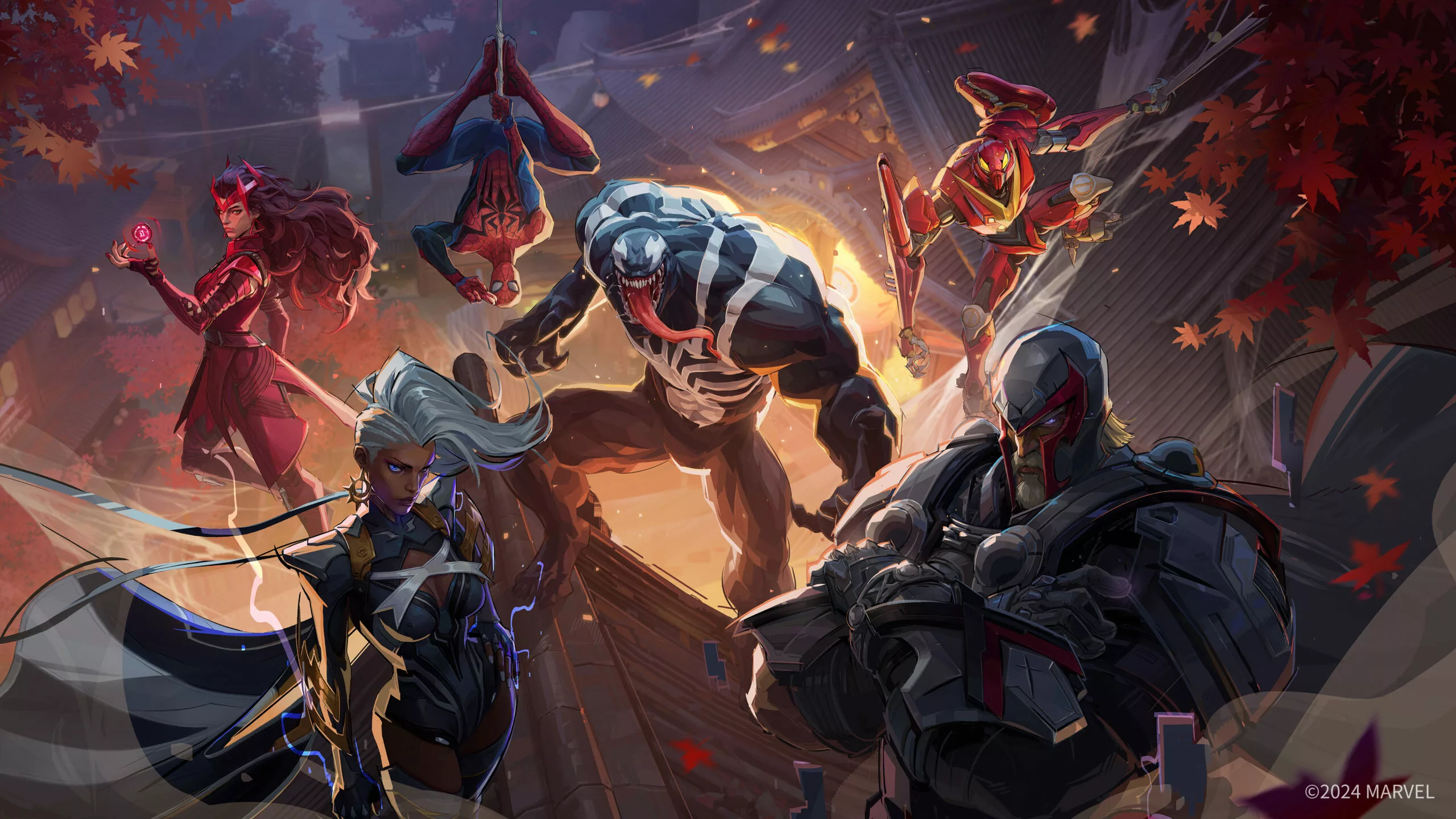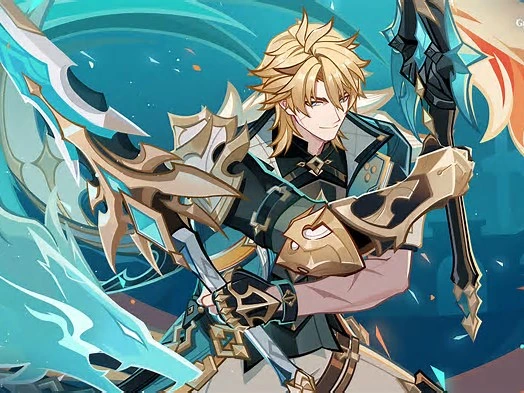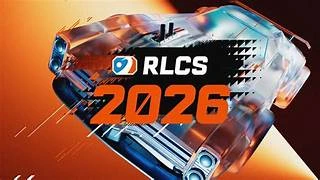16-MAY-2025,07:45PM As the gaming world braces for the arrival of Marvel Rivals, a new 6v6 competitive team shooter featuring iconic Marvel superheroes, a major question has taken center stage: Should Marvel Rivals esports be accessible to everyone? From casual gamers to hardcore competitors, fans are debating whether the esports scene around this upcoming title should adopt a fully inclusive model or follow the traditional tiered structures common in major leagues.
The excitement around Marvel Rivals is already building. Developed by NetEase in collaboration with Marvel Games, the title promises fast-paced gameplay, unique superpowers, and dynamic environments. But beyond the game itself, the esports ecosystem that surrounds it could define its long-term cultural impact—and accessibility is a hot-button issue.
Marvel Rivals and the Rise of Hero-Based Esports
A Competitive Scene Ready to Explode
The concept of a hero shooter esports league built around familiar Marvel characters like Iron Man, Loki, Storm, and Doctor Strange is already sparking hype. As trailers and beta access teasers go viral, fans are eager to see how the competitive format of Marvel Rivals will take shape.
Like Overwatch and Valorant, Marvel Rivals is expected to lean heavily on team coordination, strategy, and quick reflexes. With esports in mind from day one, the developers are likely to support ranked matchmaking, in-game tournament modes, and eventually sponsored pro circuits.
But with all this potential, fans and analysts alike are asking: will Marvel Rivals esports be truly open to everyone, or will it cater primarily to elite players?
Esports Accessibility: Why It Matters for Marvel Rivals
Barriers in Competitive Gaming
Accessibility in esports refers to how easily players can participate in competitions, regardless of skill level, location, hardware capabilities, or socio-economic status. In games like Fortnite and Apex Legends, open tournaments with real prizes have lowered entry barriers and brought fresh talent to the forefront.
For Marvel Rivals, ensuring broad access to its competitive ecosystem could be a game-changer. By opening the doors to casual gamers, students, and international players from underserved markets, the game could cultivate a thriving grassroots esports scene while building long-term brand loyalty.
On the other hand, many established esports titles run closed leagues and invitation-only events that require players to grind for recognition or get signed by teams—models that some fear Marvel Rivals may replicate.
Arguments for a Fully Open Marvel Rivals Esports System
1. Expanding the Player Base
An open esports format would allow more players to see a future in competitive Marvel Rivals. Weekly in-game tournaments, open qualifiers, and leaderboards could encourage casual players to try harder and invest more time in the game.
More participation also means more content—streamers, fan-run events, and influencer showcases. An inclusive system could generate community-driven momentum, similar to what made Rocket League and Fortnite cultural phenomena.
2. Diversity and Global Reach
Marvel’s global fanbase spans continents, cultures, and age groups. A closed competitive system might unintentionally limit the reach of Marvel Rivals esports to wealthier countries or gaming hubs. An inclusive system, supported by low-latency servers and region-based qualifiers, could empower talented players from across Africa, South Asia, and Latin America to shine.
Such a move would be a win for both representation and player diversity.
The Case for Structured, Tiered Esports in Marvel Rivals
1. Maintaining High Competitive Standards
Some argue that opening esports to everyone may dilute the level of play. Closed leagues, like the Call of Duty League (CDL) or Overwatch League (OWL), maintain strict standards for entry, ensuring top-tier performance and professionalism. If Marvel Rivals aspires to be a global esport with million-dollar prize pools, it may require such a structure to attract sponsors and maintain competitive integrity.
A tiered model—with amateur, semi-pro, and pro divisions—could strike a balance between inclusivity and quality.
2. Logistics and Infrastructure
Running an open esports system is resource-intensive. It requires dedicated support, anti-cheat systems, server capacity, and moderation. If not executed well, it could lead to chaos and frustration among players. Closed systems are easier to manage and offer more control over the competitive experience.
If Marvel Rivals esports goes open without proper infrastructure, it may backfire and hurt the game’s reputation.
What the Community is Saying About Marvel Rivals Esports
Gamers, Streamers, and Analysts Weigh In
Since its announcement, community forums and social media have exploded with speculation. Many streamers have advocated for open qualifiers and community tournaments, while esports insiders lean toward a franchise-based system backed by organizations.
On Reddit, a user commented:
“If Marvel Rivals is anything like Valorant with Marvel skins, they better let anyone compete. Gatekeeping will ruin the vibe.”
Meanwhile, a professional caster tweeted:
“Open qualifiers are fun, but if @MarvelRivals wants longevity, they’ll need structure. Casual chaos only lasts so long.”
The split opinions reflect a broader debate in esports about how much access is too much—or too little.
The Marvel Brand and the Responsibility of Inclusion
Can Marvel Rivals Uphold the Inclusive Spirit of the Franchise?
Marvel, as a brand, stands for inclusion, empowerment, and heroism across all backgrounds. Characters like Black Panther, Ms. Marvel, and Shang-Chi have redefined representation in pop culture.
Marvel Rivals has the opportunity to extend that legacy into the gaming world. An open and accessible esports model would align with this vision, offering players of all skill levels a chance to step into their favorite hero’s boots—not just for fun, but for recognition.
If executed well, Marvel Rivals could inspire the next generation of diverse esports champions.
Conclusion: Finding the Right Formula for Marvel Rivals Esports
As Marvel Rivals gears up for launch, the debate over esports accessibility continues to grow louder. While open formats promise excitement and inclusivity, structured leagues offer polish and prestige. The best solution may lie in a hybrid model—one that offers casual players regular chances to qualify, while also supporting an elite pro tier.
Ultimately, Marvel Rivals’ competitive future will depend on the vision of its developers and the passion of its community. Whether it becomes the next big esport or simply a beloved game, one thing is clear: Marvel Rivals has the power to shape not just how we play, but who gets to play.
Source : ANI





